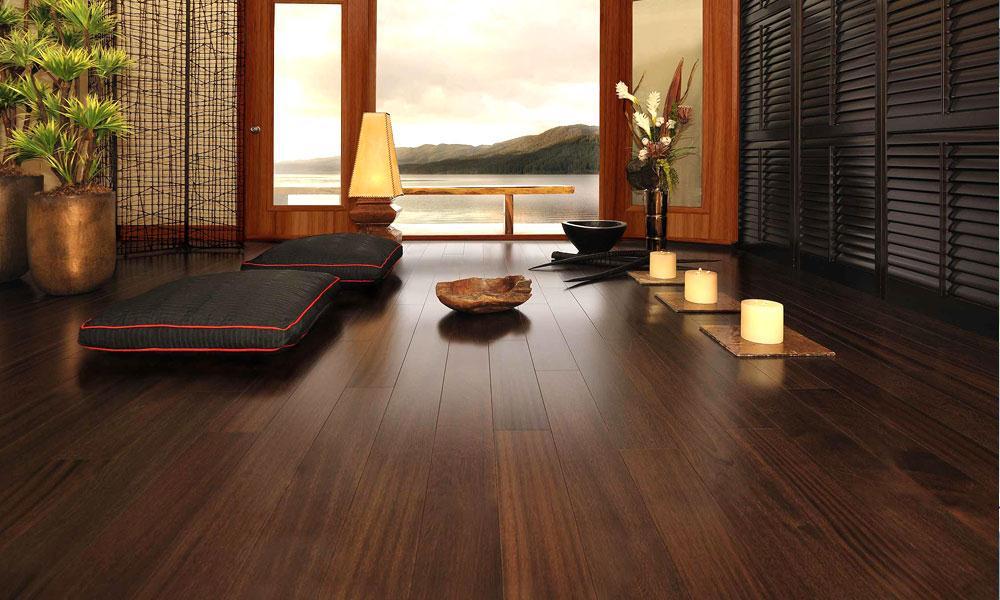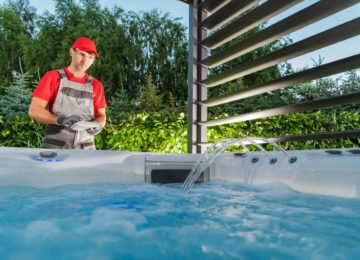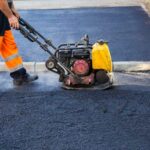When it comes to selecting the right flooring for your home, particularly for those with allergies, the choices can seem overwhelming. However, if you’re in the market for a flooring option that combines both aesthetic appeal and hypoallergenic benefits, engineered timber flooring emerges as a standout choice.
In this blog post, we will delve into the hypoallergenic advantages of engineered timber flooring and explain why it might be the best option for allergy sufferers, emphasising the importance of quality timber supplies in ensuring these benefits.
Understanding Allergies and Flooring
Allergies can transform a home from a comfort zone into a trigger zone. Traditional flooring options like carpets can harbour dust mites, pet dander, and other allergens that are difficult to eliminate, causing many known and unknown symptoms for allergy sufferers. It’s crucial, therefore, to choose a flooring option that minimises these risks, creating a healthier living environment.
The Hypoallergenic Benefits of Engineered Timber Flooring
Engineered timber flooring offers several hypoallergenic benefits that make it an excellent choice for individuals with allergies. Firstly, its smooth surface leaves no place for dust mites and pet dander to hide, a common issue with carpeted floors. Regular sweeping and mopping are all it takes to keep engineered floors clean and allergen-free, a significant advantage for allergy sufferers.
Secondly, the quality of timber supplies used in engineered timber flooring contributes to its hypoallergenic properties. High-quality timber, processed under strict standards, ensures minimal off-gassing of volatile organic compounds (VOCs) that can trigger allergic reactions.
This aspect of engineered timber flooring underscores the importance of sourcing materials from reputable suppliers who prioritise environmental and health standards.
Why Engineered Timber Flooring Is Ideal for Allergy Sufferers?
Engineered timber flooring’s design and construction offer unique advantages for allergy sufferers. The top layer of real wood provides the natural beauty and warmth of hardwood floors.
In contrast, the underlying layers of plywood or HDF (High-Density Fiberboard) offer stability and resistance to moisture and temperature changes. This construction minimises the expansion and contraction of the flooring, which can create gaps where allergens accumulate in solid wood floors.
Moreover, engineered timber flooring, when sealed properly, can prevent the growth of mould and mildew—common allergens that thrive in damp environments. This makes engineered floors an excellent choice for kitchens, bathrooms, and basements, where moisture levels are typically higher.
Choosing the Right Engineered Timber Flooring
To enhance the hypoallergenic benefits of engineered timber flooring, two crucial factors need attention: the source and quality of the timber, and the type of finish applied to the flooring. Here’s a breakdown of these key points.
-
Quality Timber Supplies:
Sustainably Managed Forests:
Choosing timber from forests managed sustainably is beneficial for both the environment and your health. Sustainable management ensures that the wood is harvested responsibly without depleting resources or harming the ecosystem.
Free from Harmful Substances:
Timber from such sources is less likely to have been treated with harmful pesticides or chemicals, reducing the risk of these substances contributing to indoor air pollution and aggravating allergies.
-
Engineered Timber Flooring Finish:
Low-VOC Finishes:
Volatile Organic Compounds (VOCs) are chemicals found in many building materials and finishes that can off-gas into the air, potentially causing health issues. Selecting a low-VOC finish for your engineered timber flooring can minimise your exposure to these chemicals.
Manufacturer Standards:
Look for products from manufacturers who adhere to strict environmental and health standards. Many now offer finishes that are designed to be low in VOCs and other harmful chemicals, providing peace of mind to those concerned about air quality and health.
Maintenance Tips for Allergy-Friendly Floors
-
Microfiber Tools:
Use a microfiber mop or cloth for cleaning. Microfiber materials are effective at capturing small particles without scratching the floor surface. Perform a damp mop weekly using a slightly moistened microfiber mop to pick up any remaining allergens. Ensure the mop is wrung out well to prevent water from seeping into and damaging the floors.
-
Choosing Cleaning Products:
Opt for cleaning products made from natural ingredients to avoid the introduction of volatile organic compounds (VOCs) into your home. Consider homemade cleaning solutions, such as a mixture of water and vinegar, for an effective and natural way to clean engineered timber flooring without leaving a residue.
-
Dealing with Spills and Stains:
Clean spills immediately to prevent staining or water damage. Use a soft, dry cloth to blot the spill. For tougher stains, use a cleaner recommended by the flooring manufacturer. Avoid harsh chemicals that can damage the floor finish or exacerbate allergies.
-
Air Quality:
Incorporate air purifiers with HEPA filters into your living space to reduce airborne allergens. Maintain indoor humidity levels between 30-50% to prevent the growth of mould and mildew.
-
Preventative Measures:
Place door mats at all exterior doors to reduce the amount of dirt and allergens tracked into the house. Encourage a shoe-free policy indoors to minimise dirt and pollen from being brought in on footwear.
Final Words
Engineered timber flooring presents a compelling option for allergy sufferers looking to combine style with hypoallergenic benefits. It is easy-to-clean surface, minimal off-gassing, and mould resistance make it a healthy choice for any home. By choosing high-quality timber supplies and considering the flooring’s finish, homeowners can create a safe, beautiful, and allergen-free environment.
As the demand for healthy living spaces continues to grow, engineered timber flooring stands out not only for its beauty and durability but also for its ability to support a cleaner, healthier home. Choose Greenhill Timbers for best quality timber supplies.










